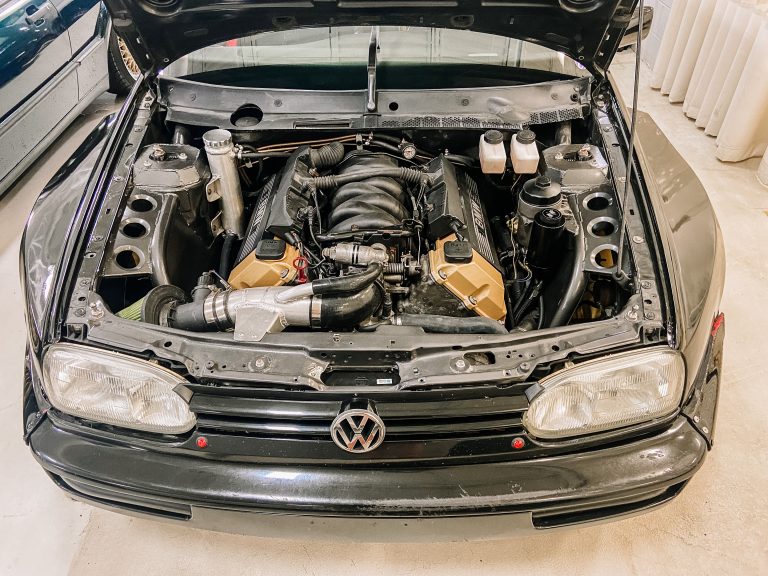Modern vehicles are complex machines with a wide range of electrical systems that are critical to their operation. From the ignition system to the lights and entertainment features, cars rely heavily on electricity to function properly. As a result, electrical issues are common in cars and can cause a range of problems, from minor inconveniences to major safety hazards. In this guide, we will discuss some common electrical problems in cars and provide tips on how to diagnose and fix them.
Common Electrical Problems in Cars
Before we get into the solutions, let’s take a look at some of the most common electrical problems that car owners may encounter:
| Electrical Problem | Symptoms |
|---|---|
| Dead Battery | – Car won’t start – Dim lights – Clicking sound when turning the key |
| Blown Fuse | – Specific electrical components not working – Fuse visibly blown |
| Faulty Alternator | – Battery light on dashboard – Electrical issues while driving – Strange noises coming from the engine |
| Bad Starter | – Car won’t start – Clicking sound when turning the key – Smoke coming from the starter |
| Corroded Battery Terminals | – Difficulty starting the car – Flickering lights – Visible corrosion on the battery terminals |
These are just a few examples of the many electrical problems that can arise in a car. When faced with such issues, it’s important to address them promptly to avoid further damage and inconvenience.
Diagnosing Electrical Problems
Diagnosing electrical problems in a car can be challenging, especially for those without a background in automotive repair. However, there are some basic steps that car owners can take to identify the source of the issue:
- Check the Battery
The first step in diagnosing electrical problems is to check the car’s battery. A simple voltmeter can be used to test the battery’s voltage, which should typically be around 12.6 volts when fully charged. If the voltage is significantly lower, the battery may need to be charged or replaced. - Inspect Fuses
Blown fuses can cause specific electrical components to stop working. Using the car’s manual, locate the fuse box and check for any visibly blown fuses. If found, replace them with fuses of the same amperage. - Test the Alternator
The alternator is responsible for charging the battery while the car is running. A malfunctioning alternator can lead to a dead battery and other electrical issues. Testing the alternator’s output with a voltmeter can help determine if it is functioning properly. - Inspect Wiring and Connections
Examine the car’s wiring and electrical connections for any signs of damage, corrosion, or loose connections. Addressing any issues found may resolve the electrical problem.
Fixing Electrical Problems
Once the source of the electrical problem has been identified, car owners can take steps to fix the issue. Depending on the nature of the problem, DIY fixes may be possible, while more complex issues may require professional assistance. Here are some common solutions for fixing electrical problems in cars:
- Replacing the Battery
If the battery is found to be the cause of the problem, it may need to be replaced. Car owners can choose to either replace the battery themselves or have it done by a professional mechanic. - Replacing Blown Fuses
In the case of blown fuses, simply replacing them with new ones of the same amperage can solve the problem. It’s important to address the underlying cause of the blown fuse to prevent it from happening again. - Repairing or Replacing the Alternator
A malfunctioning alternator may need to be repaired or replaced by a professional mechanic. Attempting to fix the alternator without the necessary skills and tools can be dangerous. - Cleaning Battery Terminals
Corroded battery terminals can be cleaned using a mixture of baking soda and water, along with a wire brush. After cleaning, applying a thin layer of dielectric grease can help prevent future corrosion.

Credit: www.prudentialuniforms.com
When to Seek Professional Help
While some electrical problems in cars can be resolved through DIY methods, there are times when it’s best to seek the expertise of a professional mechanic. Complex electrical issues, such as wiring problems or computer-related issues, are best handled by those with the right tools and knowledge.
If car owners are unsure about the nature of the electrical problem or lack the confidence to fix it themselves, seeking professional help can help prevent further damage to the vehicle and ensure the problem is properly resolved.
Conclusion
Electrical problems in cars can be frustrating and disruptive, but with the right knowledge and tools, many issues can be diagnosed and fixed by car owners themselves. By understanding the common electrical problems that can occur in cars, as well as the steps for diagnosing and fixing them, car owners can save time and money, while also ensuring the safety and reliability of their vehicles.
However, when in doubt, it’s always best to consult with a professional mechanic to address any electrical issues in a car. With prompt attention and proper maintenance, electrical problems can be effectively managed, keeping cars running smoothly for years to come.






